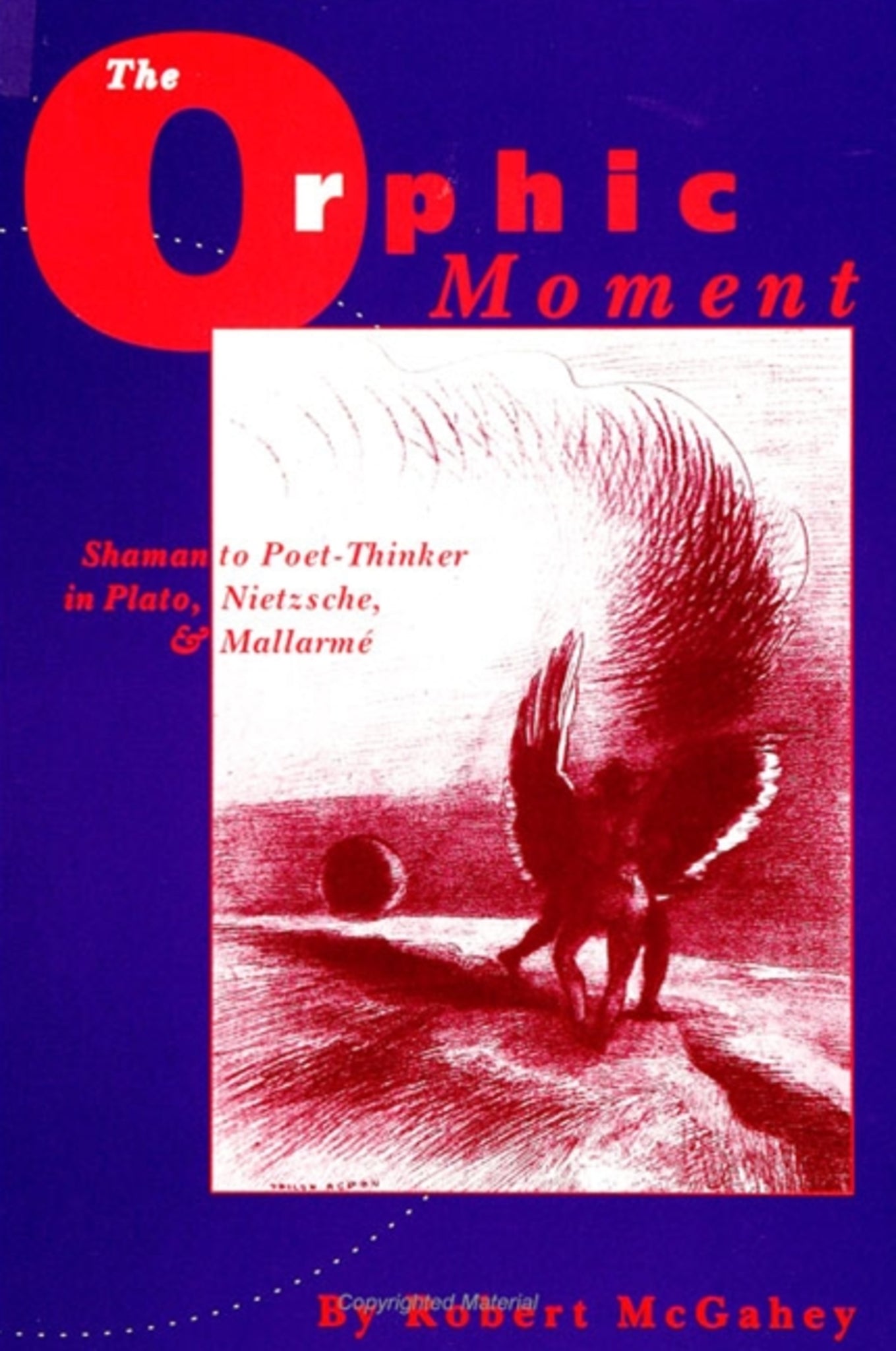We're sorry. An error has occurred
Please cancel or retry.
The Orphic Moment

Some error occured while loading the Quick View. Please close the Quick View and try reloading the page.
Couldn't load pickup availability
- Format:
-
01 July 1994

This book examines Orpheus as a figure who bridges the experience of the Greek tribal shaman and the modern poet Stéphane Mallarmé, the father of modernism. First mentioned in 600 B.C., Orpheus was present at the moment when the Apolline forms of western culture were being encoded. He appears again at the opposite moment embodied in the language-crisis at the end of the nineteenth century, which inaugurated the break-up of those forms and ushered in the Dionysian. Mallarmé's "Orphic Moment," when Orpheus's scattered limbs first begin to stir back to life, enacts a dance at the boundary of Apollo and Dionysos, marking the collapse of Apolline form back into its Dionysian ground in Nietzsche's The Birth of Tragedy.


"This is an extraordinary book on Orpheus, one that is willing to circumvent explanations and fixed positions. Itself it teaches us how to live and imagine Orphically on the invisible and impossibly thin line that separates and unites all opposites. …Robert McGahey writes with authority, sculpting out a precise place and time that is the Orphic moment, and he also straddles the difficult but necessary ambiguity of historical time and poetic eternity. The sheer joy of the book comes in part from the multiple fugal counterpoints of many schools of poetic and philosophical sensibility. …Mr. McGahey writes as an Orphic musician; not one who plays literally on a lyre, but one who calls forth the harmonic and tuneful voice of being itself." — Thomas Moore, author of Care of the Soul and Soul Mates, from the Foreword
"This thoughtful and intelligently argued book brings breadth of scholarship to focus on a parallelism (that between Mallarmé and Nietzsche) that both typifies and defines a specific moment in Western thought. It is a successful union of poetry and philosophy." — Marshall C. Olds, University of Nebraska
Foreword
Acknowledgments
Introduction
Prologue
1. Orpheus as Gap, Border, and Bridge
2. Plato's Orphic Universe
3. Brothers in Decadence: Mallarmé, Nietzsche, and the Orphic Wagner
4. The Orphic Moment of Stéphane Mallarmé
5. Tombs, Fans, Cosmologies: A View from the Prison House
6. Conclusion
Notes
Works Cited
Index



